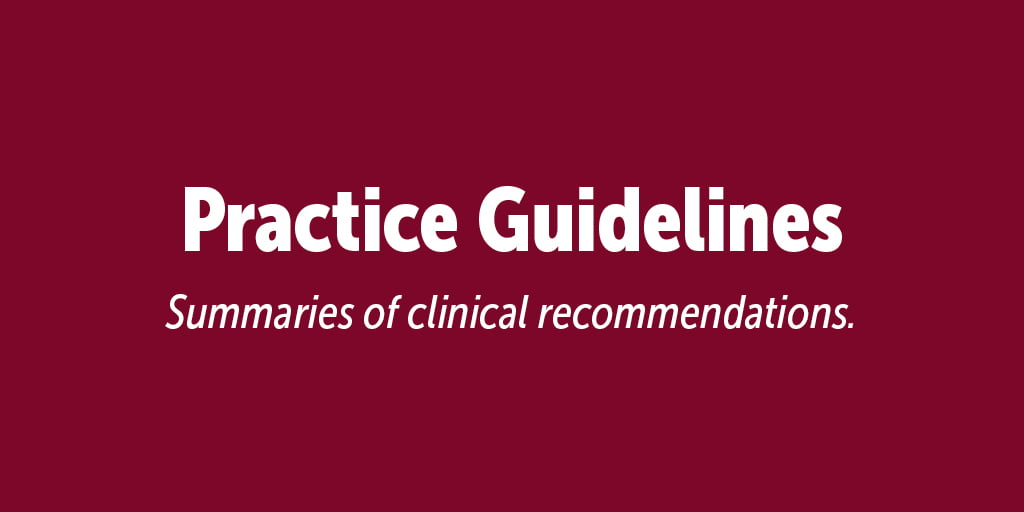- Joined
- Oct 26, 2019
- Messages
- 68
- Reaction score
- 79
I recently read a comment here stating:
"There are many other things the DEA is looking for like the drug screens and pill counts. I haven't see physicians get in trouble for not having the [neuropsych] testing. When I have seen physicians get in trouble with the DEA it's because the patients are having insufficient tox screens or failed ones. Or the physician is over prescribing like 90 days worth of meds in 30 days. The psychologist report isn't going to save them in those cases."
As a PGY-3 and PGY-4, among all of the outpatient attendings I worked with, maybe 5% of the time a drug screen was actually done at any point for an ADHD patient, and I have NEVER ONCE seen an attending do a pill count for stimulants (or any medication for that matter). And only one single attending I've worked with has ever ordered urine drug testing on an ADHD patient, the others simply never order it. How critical is it that drug screening and pill counts are done for ADHD patients? Should I be attempting to get routine urine drug tests and pill counts on all of my ADHD patients?
I have asked this question to one of my attendings recently and was told that urine drug tests and pill counts are totally unnecessary and I was being overly paranoid. I have had zero teaching whatsoever on how or when I should be doing urine drug tests or pill counts because attendings here are simply NEVER doing these things (this is an IMG-heavy program where attendings are routinely seeing 40+ patients a day). And what does "failed tox screen" mean exactly? That they are negative for amphetamines (and are therefore likely selling their prescribed stimulant on the street for cash)? Or do any non-amphetamine drugs testing positive mean that ADHD treatment must be immediately discontinued due to comorbid drug abuse?
"There are many other things the DEA is looking for like the drug screens and pill counts. I haven't see physicians get in trouble for not having the [neuropsych] testing. When I have seen physicians get in trouble with the DEA it's because the patients are having insufficient tox screens or failed ones. Or the physician is over prescribing like 90 days worth of meds in 30 days. The psychologist report isn't going to save them in those cases."
As a PGY-3 and PGY-4, among all of the outpatient attendings I worked with, maybe 5% of the time a drug screen was actually done at any point for an ADHD patient, and I have NEVER ONCE seen an attending do a pill count for stimulants (or any medication for that matter). And only one single attending I've worked with has ever ordered urine drug testing on an ADHD patient, the others simply never order it. How critical is it that drug screening and pill counts are done for ADHD patients? Should I be attempting to get routine urine drug tests and pill counts on all of my ADHD patients?
I have asked this question to one of my attendings recently and was told that urine drug tests and pill counts are totally unnecessary and I was being overly paranoid. I have had zero teaching whatsoever on how or when I should be doing urine drug tests or pill counts because attendings here are simply NEVER doing these things (this is an IMG-heavy program where attendings are routinely seeing 40+ patients a day). And what does "failed tox screen" mean exactly? That they are negative for amphetamines (and are therefore likely selling their prescribed stimulant on the street for cash)? Or do any non-amphetamine drugs testing positive mean that ADHD treatment must be immediately discontinued due to comorbid drug abuse?
Last edited:

